If you are trying to improve your health or change your body in any way, diet and exercise go hand in hand. This is particularly true if your goal is to lose fat, gain muscle mass, or both. But with so much conflicting information out there, it can be difficult to know the best foods to eat for muscle gain.
We’ve spoken to several nutrition and fitness experts to help you break through the noise and make the best food choices to meet your body’s needs and your short-term and long-term fitness goals. Here’s what they said.
Focus on adequate protein first

“One of the most important factors for muscle growth is adequate protein. Most people don’t eat enough,” says Hayley Field, a Health Strategist and the owner of Food Ninja. Hayley recommends aiming for 1.5 - 2.4g of protein for each kilogram of bodyweight, but emphasizes that you’ll likely be nowhere near that number when you first start.
“Build up to that range slowly by focusing on one meal at a time,” she suggests. “Try finding high protein breakfasts you enjoy for a week, then moving onto lunches for the next week.”
Quality protein sources for breakfast include eggs, protein pancakes, Greek yogurt, avocado on toast, and tofu scramble.
You can also add protein to your day by changing up your snacks. “Add in protein-heavy snacks like beef jerky, boiled eggs, and cottage cheese,” Hayley says. “A current favorite of mine is Kvarg yogurt, which comes in awesome flavors and packs 20g of protein into just 85 calories!”
Eat protein within two hours of exercising

According to Jane Hutton, a Clinical Nutritionist and the owner of The Functional Foodie, two hours is the approximate recovery window for your body following intense exercise. Therefore, to give your muscles the best chance of recovery and growth, eat a high protein snack within two hours of finishing your workout.
She suggests walnuts, seeds, chicken, or protein balls made with dates (which are also great for your gut health and brain) as suitable options. “I only recommend whey protein shakes to people who are seriously bodybuilding,” she says, adding that otherwise it is best to incorporate high protein foods throughout the day.
Mandy Wong Oultram of FlexFit Personal Training agrees. “Powdered protein is a supplement, there to enhance an already high-protein diet and shouldn’t replace real food,” she says.
What if you’re vegan or vegetarian?

It is entirely possible to eat a high-protein, muscle-friendly diet even if you prefer not to consume animal products. However, it can require a little extra planning and effort, as many of the most common protein sources are animal-based.
Our experts recommend foods such as legumes, quinoa, tofu, nuts, and seeds for those who eat a plant-based or vegetarian diet. Mandy adds that plant protein powders, such as pea, hemp, and soy protein, can also be used in place of whey protein if supplementation is necessary.
Include healthy fats and carbs

Many people make the mistake of cutting out as many fats and carbs as possible when trying to gain muscle mass. However, this is a big mistake because these macronutrients are vital for good health.
“Don’t cut carbs too much, or your body will just break down protein for energy and you won’t gain muscle,” says Jane. She recommends cutting out junk food as far as possible and focusing on healthy fats such as olive oil and fatty fish as well as complex carbohydrates.
Matt Wilson, a Mentaphysical Coach and host of the Superhero Finder podcast, adds that “consuming carbohydrates at least an hour before a workout can really help give you a boost. Tasty and quick option? Fruit!” A banana, apple, orange, pear, or almost any other fruit will give you a quick hit of energy to enhance your performance and help you achieve results in the gym.
Stay hydrated

The human body is mostly water, and requires adequate hydration to function properly. Being dehydrated can result in low energy, symptoms such as headaches, and even bloating.
Matt recommends drinking at least two liters of water per day to stay healthy and get more out of your muscle-building workouts.
See an expert

Everyone’s body is slightly different, which means that there are few one-size-fits-all. Age and sex can play a major role in your body’s dietary needs. For example, Jane explains that “muscle declines as we get older”, and that postmenopausal women and those over 40 are likely to need more protein than many other demographics for optimal health and muscle building.
It’s always a good idea to see an expert, such as a Nutritionist, Dietician, or Personal Trainer, who can offer tailored advice for your body, goals, and circumstances.
Read more
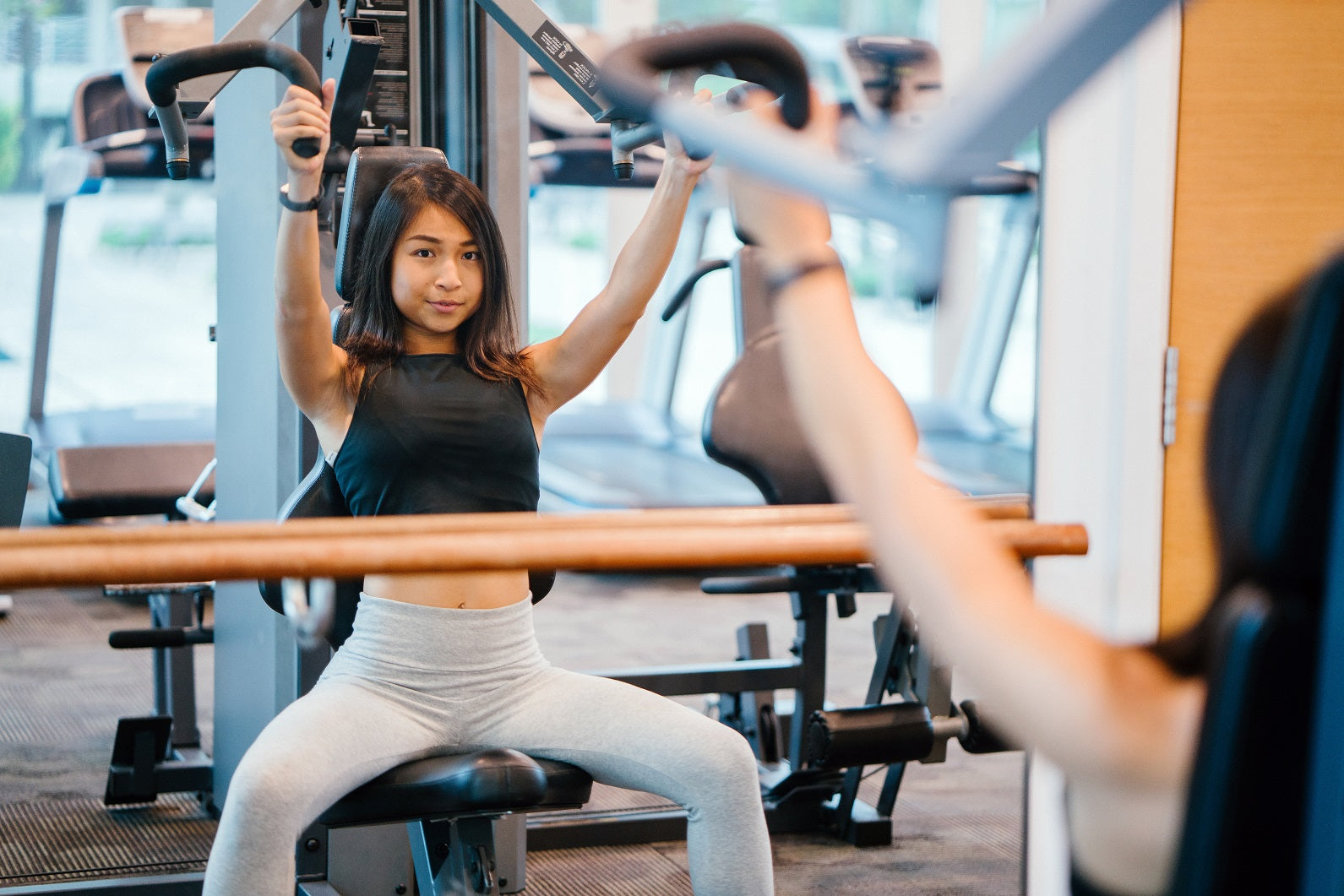
We all know that keeping fit is good for us and that regular exercise is essential for good health. But not everyone enjoys working out and for some of us, it can feel like a dreaded chore. The pro...
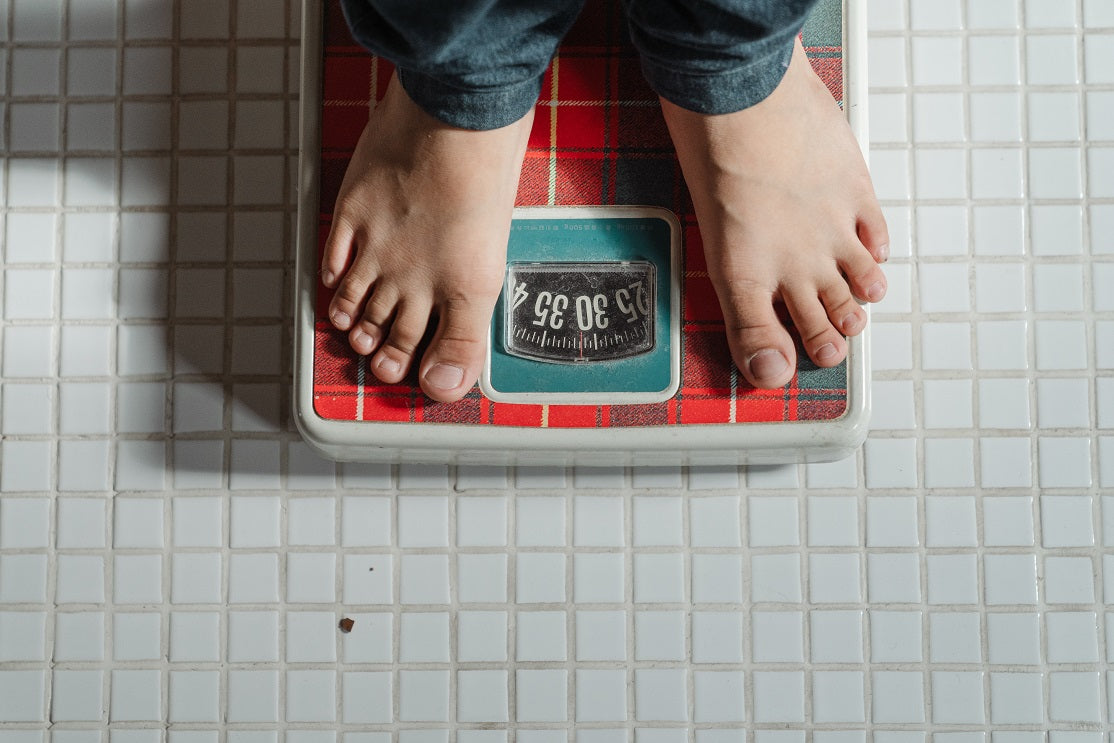
According to Shortlister, around 45 million Americans go on a diet each year. Therefore, if you’ve ever felt the pressure to shed a few pounds, you are far from alone. If you have a vacation plann...

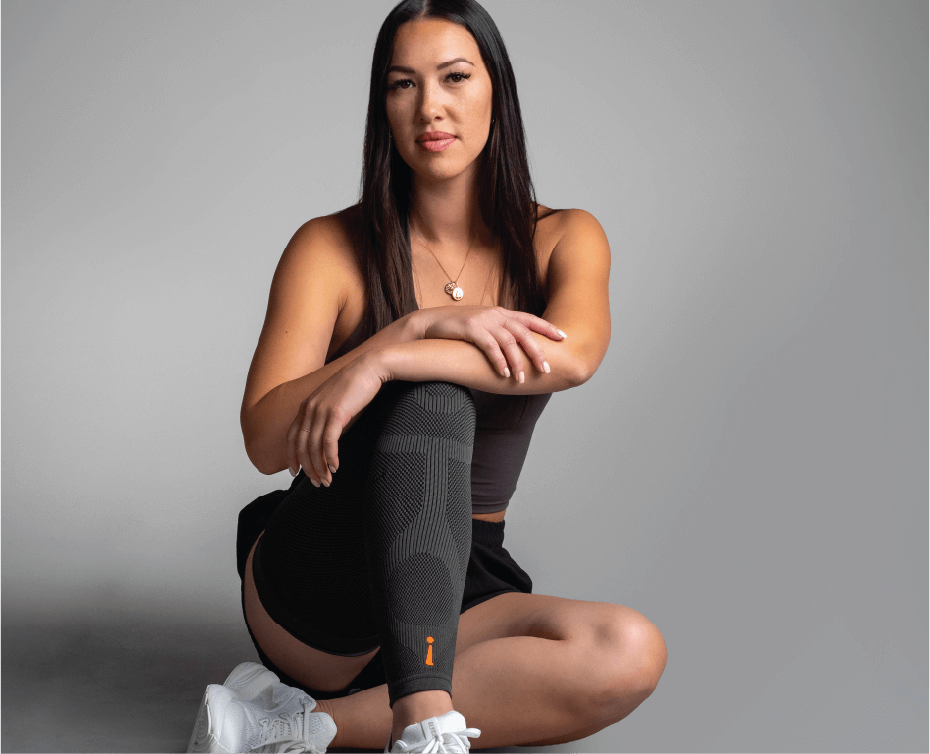
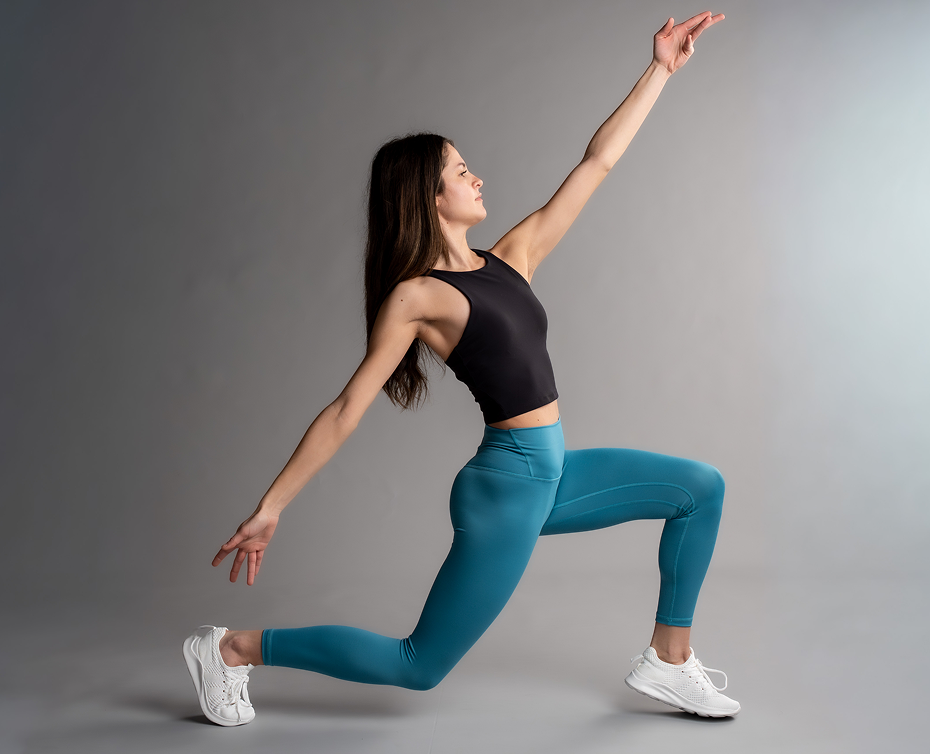
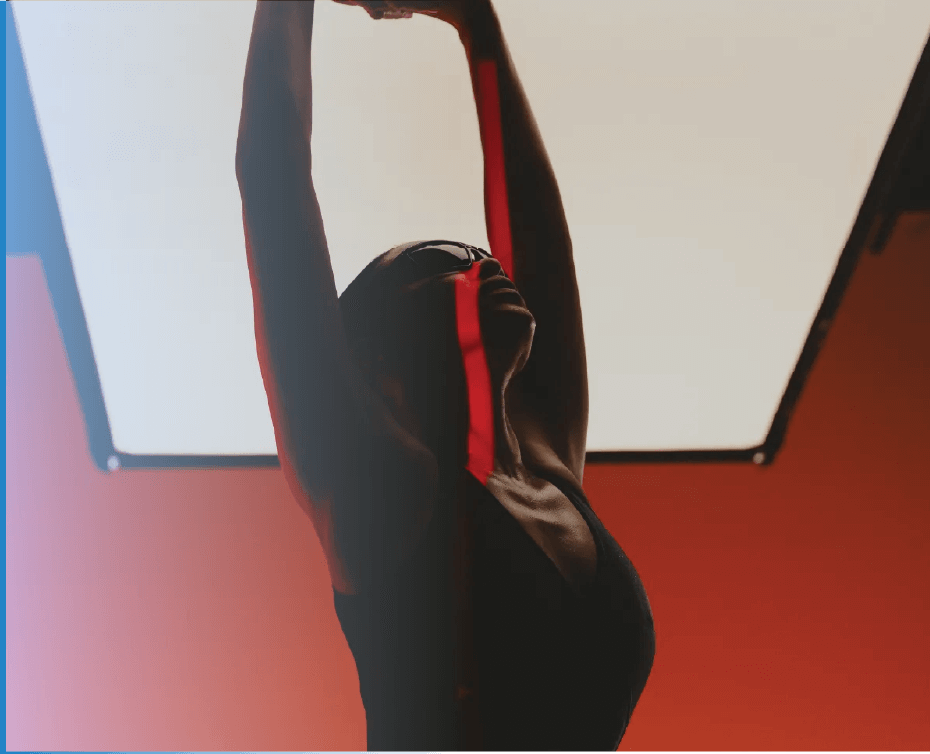
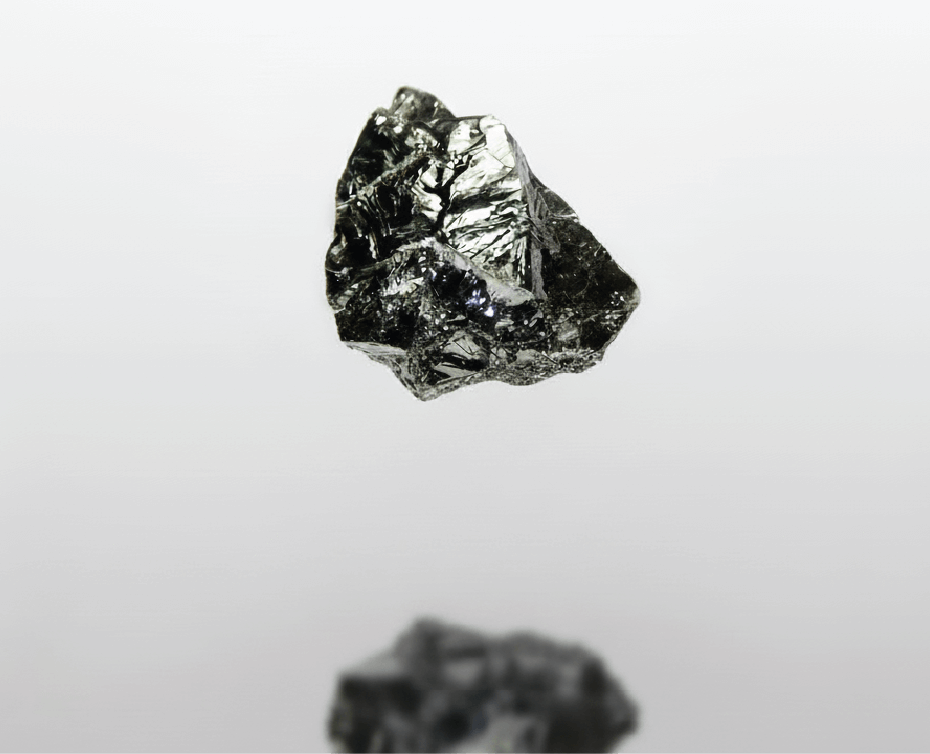
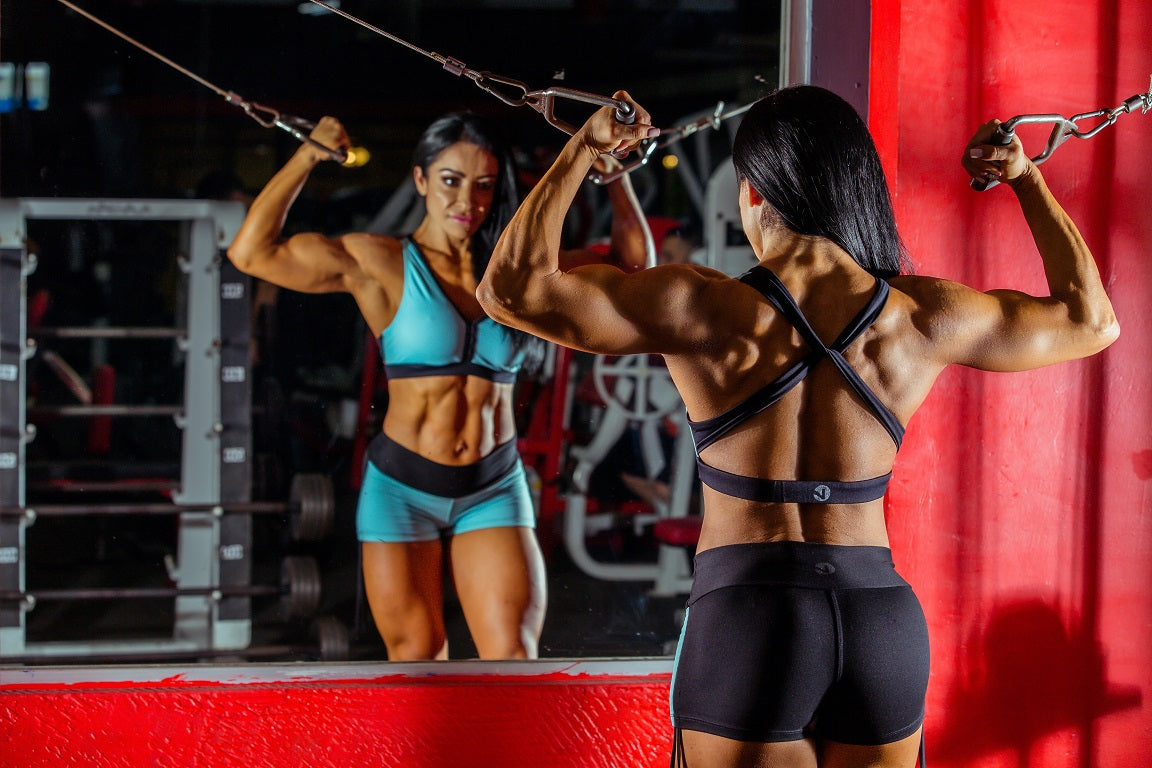
Leave a comment
All comments are moderated before being published.
This site is protected by hCaptcha and the hCaptcha Privacy Policy and Terms of Service apply.